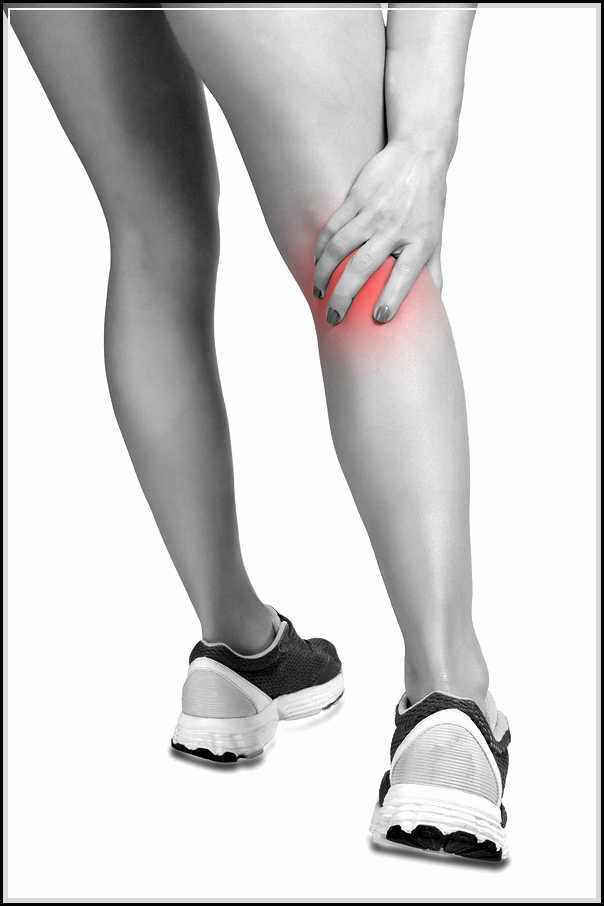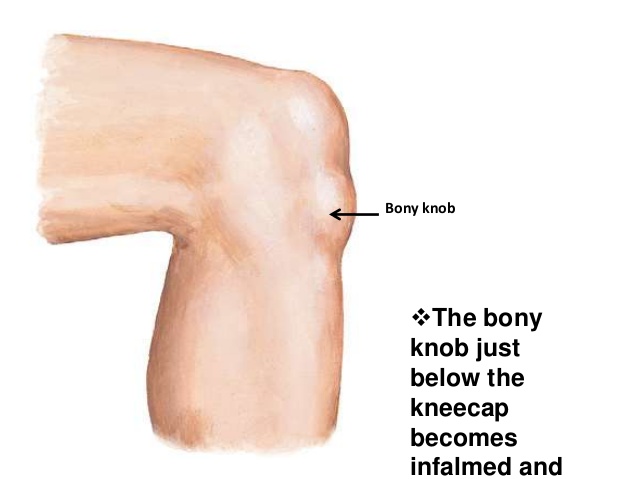

These include tylenol, ibuprofen, aleve, and naproxen. Over-the-counter (OTC) painkillers can help you manage chronic pain or pain from an injury. Consult with a Babylon healthcare provider for more information. However, in some injuries or cases this treatment is not recommended, and chiropractic treatments also have risks. Chiropractors have helped many people with problems related to the spine through spinal adjustments (‘cracking your back’). Some people choose to visit a chiropractor. It can help you build proper posture and support for your back, so you don't return to the same problems. Physical therapy exercises help strengthen your back, abdominal, and lower body muscles to prevent future damage. Specifically targeting problematic weak areas, or areas that are not as flexible as they should, the physical therapist will help stabilize and strengthen your spine to improve your pain. A physical therapist can help you with strengthening exercises. Speak with your medical provider about evaluation and referral to a physical therapist. Luckily, there are plenty of ways to address back pain. If your back can cause knee pain, it's obvious that helping fix your back pain is a necessary part of your treatment plan. What to do if your back is causing pain in your knees If you've had a recent back or spine injury, make sure to talk to your doctor as soon as possible. Any injury to your back or spinal cord could cause some serious damage. Without management, the pain can start affecting your knees, hips, and ankles.Ī back injury may be one of the more concerning causes of back pain. You may have chronic pain from something like osteoarthritis or rheumatoid arthritis. Sciatica pain is a fairly common cause for back and knee problems. You may also have a medical condition that causes pain, like spinal stenosis (a narrowing of the spaces in your spine). Poor posture can put a lot of pressure on the lumbar spine (or lower spine). If you have a job where you sit all day, your back muscles and buttox muscles may be weak, and not provide proper support to your spinal cord. Overuse, especially without proper stretching, can strain your back. There are plenty of possible causes for a hurt back. What's causing your back pain (that's causing your knee pain)? When your knee is forced to do your back's job, it can quickly get overloaded from the extra pressure or strange new angle you use when you walk. Without pain relief or pain management, you will automatically try to cope by using the parts of your body that DON'T hurt. However, leg pain or back pain puts the entire system out of balance. When both are pain-free, and moving healthily, they support each other so they can both do their jobs easily. Your back helps keep you stable and absorbs some of the shock from your movements. Your knee joint allows you range of motion. When both are perfectly healthy, your back and knees work together to help you move. Unfortunately, that's not what they're made for. Without the support usually offered by your back and spine when it is strong, with optimal flexibility and posture, your knees are left to do all the work. Additionally, even if you aren’t experiencing pain in your back, you may have problems with tightness or flexibility in your neck, back, hips, or upper legs, with all can contribute to posture problems and gait problems. This is a common cause of joint pain in your knees, as you put more pressure on the ligaments and meniscus there. For example, If you're trying to compensate for a herniated disc or chronic pain in your spine, you'll start to walk differently in an attempt to relieve the pain. Everything from low back pain to tension in your shoulders can affect how you stand and walk. Your back isn't connected directly to your knees, after all.Ī large part of the relationship between your back and your knees is how you hold yourself (posture) and how you walk.

So why can back issues cause knee pain? At first glance, they're not related. But how? How can a bad back cause knee pain? Can back injury cause knee pain? Can a pinched nerve in your back cause knee pain? Can lower back pain cause hip and knee pain? The answer to all these questions is yes.

The line from back pain to knee pain may not always seem easy to draw. But is there a link? Can back problems cause knee pain? Even more frustrating, pain always seems to occur in more than one body part at once. It always feels like if it's not one thing hurting, it's another.


 0 kommentar(er)
0 kommentar(er)
